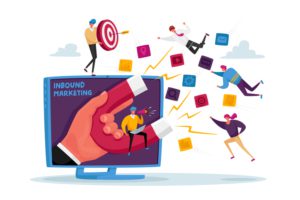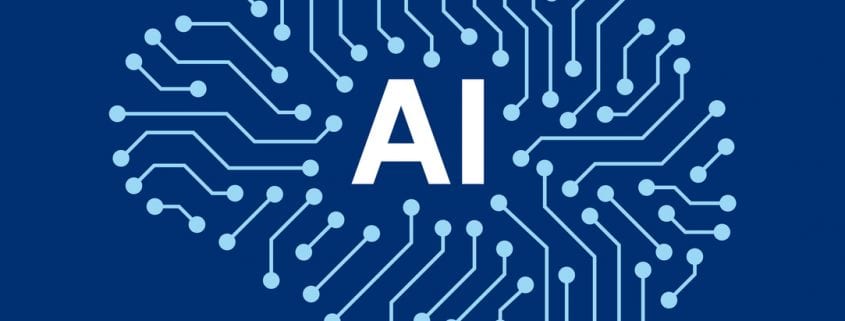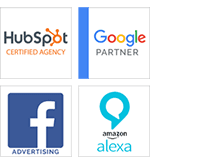
AI Website Content Tool Integration: WPBakery AI for Your WordPress Website
Staying ahead of the curve is key for creating visually pleasing and user-friendly websites. For WordPress users, the introduction of WPBakery AI represents a leap in design innovation. So, in this article, we’ll explore the number of ways WPBakery AI can benefit WordPress websites by elevating creativity, efficiency, and user engagement.
WPBakery AI makes designing your website super easy. It automatically handles things like adjusting layouts and picking colors to match your preferences. This smart tool simplifies the customization process, giving you the freedom to explore and create in a more creative way.
Effortless Design Customization
WPBakery AI simplifies the design process by automating customization tasks. From layout adjustments to color schemes and more, this intelligent invention understands your preferences and streamlines the customization process, making it simpler. Selecting the perfect color scheme is a critical aspect of web design. WPBakery AI takes the guesswork out of this process by intelligently understanding your color preferences. With its automated features, it effortlessly suggests and implements color schemes that resonate with your vision, giving your website a cohesive and visually appealing look.
Time-saving Content Creation
Content is primary, and WPBakery AI recognizes the importance of efficiency in content creation. By automating certain aspects of the process, such as generating compelling headlines or suggesting relevant imagery, this tool empowers users to focus on crafting high-quality content rather than getting stuck with time-consuming details. To further streamline your content creation, the tool suggests relevant imagery that aligns seamlessly with your written material. This not only enhances the visual appeal of your content but also removes the hassle of searching for suitable images, allowing you to maintain focus on the core message you wish to convey.
Interested in Having a Professional Web Design Service for Your Business? Click here.
Responsive Design Optimization
In an era where mobile responsiveness is non-negotiable, WPBakery AI ensures that your website looks constantly phenomenal. With its ability to adapt to different screen sizes, it takes the guesswork out of responsive design, guaranteeing a seamless user experience for visitors on all devices. Whether it’s a compact smartphone screen or the expansive canvas of a desktop monitor, WPBakery AI guarantees that your website’s design remains visually appealing to the users. The intelligent adaptation ensures that your website not only looks phenomenal but also operates smoothly, offering a user-friendly interface regardless of the device being used.
Intelligent Element Placement
WPBakery AI goes beyond traditional drag-and-drop interfaces. It suggests the optimal placement of design elements based on user behavior and industry best practices. This enhances the visual appeal of your website to a more intuitive and user-friendly navigation experience. Understanding how users interact with websites is crucial for an effective design. WPBakery AI harnesses the power of artificial intelligence to analyze user behavior patterns. By knowing how visitors engage with content, the tool intelligently suggests the most effective placement for design elements. This approach ensures that your website is not just aesthetically pleasing but also strategically organized for maximum user engagement.
Adaptable SEO Optimization
The visibility of a website in search engine results is important for its success. WPBakery AI incorporates SEO best practices into its design recommendations, assisting in creating a website that is visually appealing for search engines. This ensures that your content ranks well, attracting organic traffic to your WordPress site. By creating visually appealing websites that also cater to the preferences of search engines, this tool ensures that your WordPress site doesn’t just exist online but thrives by attracting organic traffic and securing a prominent position in search engine results.

WPBakery AI is powerful for WordPress users seeking to elevate their websites for design satisfaction and user engagement. Its intuitive customization, time-saving features, responsive design optimization, intelligent element placement, and SEO integration make it an invaluable tool. This innovative tool empowers users with a seamless customization process, offering creative freedom in adjusting layouts, experimenting with color schemes, and exploring design possibilities. The result is a website that authentically represents your vision and resonates with your audience.
Want to get more from your website redesign? Read 5 Website Redesign Tips That Will Generate More Phone Calls.




 Mastering inbound marketing requires a strategic approach to attract, engage, and convert customers. From SEO optimization and content creation to email marketing and influencer collaborations, each tactic plays a crucial role in driving organic growth. Leveraging interactive content, social media engagement, and continuous performance analysis ensures your marketing efforts remain effective. By implementing these ten strategies, businesses can build strong customer relationships and increase brand visibility.
Mastering inbound marketing requires a strategic approach to attract, engage, and convert customers. From SEO optimization and content creation to email marketing and influencer collaborations, each tactic plays a crucial role in driving organic growth. Leveraging interactive content, social media engagement, and continuous performance analysis ensures your marketing efforts remain effective. By implementing these ten strategies, businesses can build strong customer relationships and increase brand visibility. 





